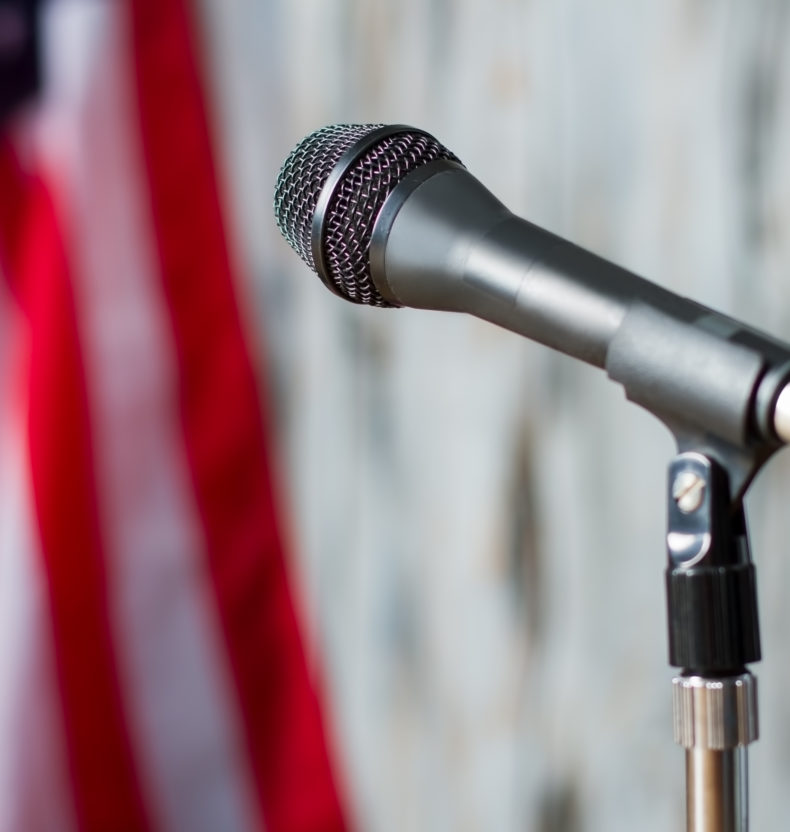
Political debates cover emotive issues that impact people’s lives. The policies the candidates present and the way in which they present them can have a significant bearing on their public perception and potentially on the outcome of the election. In the paper, published at the 2013 Affective Computing and Intelligent Interaction (ACII 2013), Affectiva shows that significantly different responses to the candidates are measurable using automated facial expression analysis and that these differences can predict self-report candidate preference.
Abstract
In this paper we present the first analysis of facial responses to electoral debates measured automatically over the Internet. We show that significantly different responses can be detected from viewers with different political preferences and that similar expressions at significant moments can have very different meanings depending on the actions that appear subsequently. We used an Internet based framework to collect 611 naturalistic and spontaneous facial responses to five video clips from the 3rd presidential debate during the 2012 American presidential election campaign. Using this framework we were able to collect over 60% of these video responses (374 videos) within one day of the live debate and over 80% within three days. No participants were compensated for taking the survey.We present and evaluate a method for predicting independent voter preference based on automatically measured facial responses and self-reported preferences from the viewers. We predict voter preference with an average accuracy of over 73% (AUC 0.779).